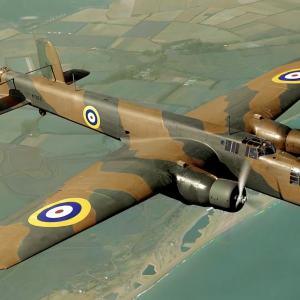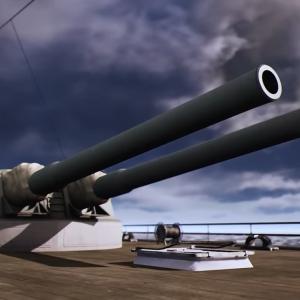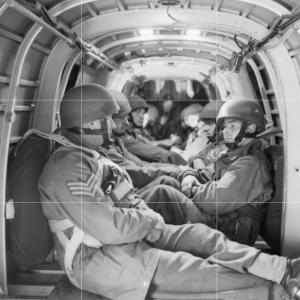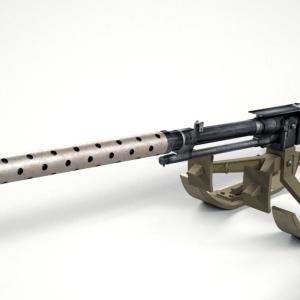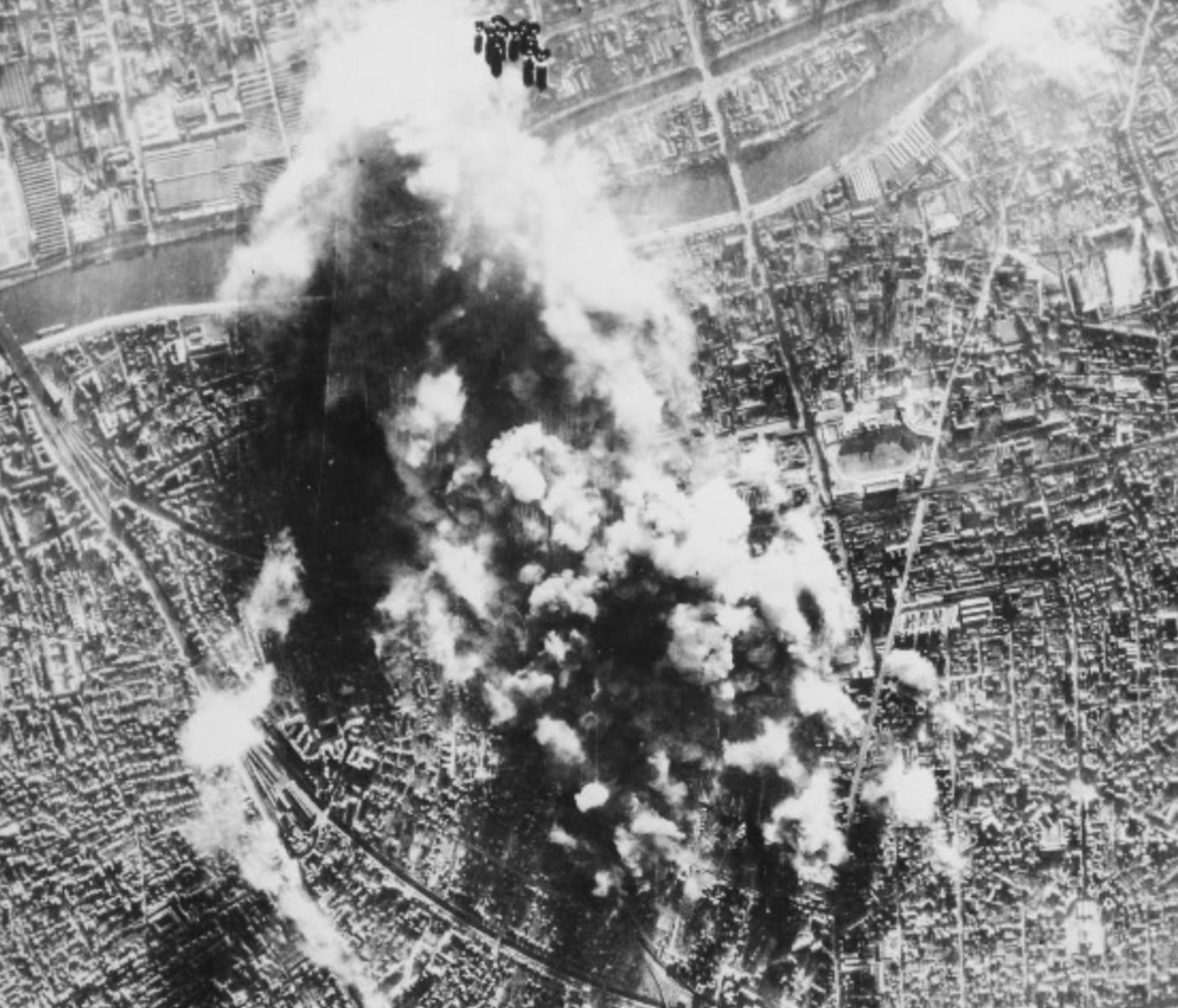
On this day in military history…
On the 26th of August 1944, just one day after Paris had been triumphantly liberated by Allied forces, Adolf Hitler issued a furious and vengeful order for the Luftwaffe to launch an attack on the city. This command was born out of rage and a desperate attempt to inflict damage on Paris as a form of reprisal against the swift and humiliating loss of the French capital. For Hitler, Paris was not only a symbolic jewel of Europe but also a strategic prize that he was unwilling to concede without exacting severe consequences. The order aimed to devastate the city’s infrastructure, cultural landmarks, and historical monuments, sending a clear message of defiance even in the face of military defeat.
Hitler’s wrath was particularly fueled by the rapid collapse of German control in Paris, a city that had resisted occupation in 1940 and held immense psychological value for the Nazis. The directive called for concentrated air raids by the Luftwaffe, targeting key locations that would maximize destruction. Among the most significant targets was the Eiffel Tower, an iconic symbol of France’s pride and resilience. Hitler saw the destruction of such landmarks as a form of punishment and as a means to deny the Allies the satisfaction of preserving these treasures. The attack was envisioned not only as a military strike but as an act of scorched earth policy — a brutal strategy to leave nothing of value for the enemy.
However, in a remarkable act of defiance against Hitler’s destructive vision, the German military commander in Paris, General Dietrich von Choltitz, refused to carry out the order to demolish the Eiffel Tower and other prominent French architectural masterpieces. Choltitz, who had been entrusted with the defense of the city and the execution of Hitler’s scorched earth directives, chose instead to spare Paris from catastrophic ruin. He is often credited with having saved the city from destruction, recognizing both the cultural importance of Paris and the futility of destroying it in a losing cause. His decision to disregard the Führer’s orders marked a critical moment in the liberation of Paris, preserving the city’s historic beauty for future generations.
This refusal to destroy Paris was a significant and symbolic act of resistance within the German ranks, illustrating cracks in the Nazi command structure as the war turned decisively against Germany. While Hitler remained unyielding in his demand for retribution, Choltitz’s restraint demonstrated a measure of humanity and pragmatism that contrasted starkly with the brutal ideology driving the Nazi regime. The preservation of Paris not only saved invaluable architectural heritage but also reinforced the city’s status as a beacon of hope and freedom in a war-torn Europe.
In the end, the Luftwaffe’s ordered attack on Paris on August 26, 1944, never fully materialized in the catastrophic form Hitler had envisioned. The combination of swift Allied control, the changing tide of the war, and Choltitz’s pivotal defiance meant that Paris emerged largely intact despite the fury directed at it. The episode stands as a powerful reminder of the complex interplay between orders from the highest levels of Nazi leadership and the actions of individuals on the ground who could choose a different path. Paris’s survival became a symbol of resilience and a testament to the courage of those who chose to protect its legacy rather than destroy it in the flames of war.


